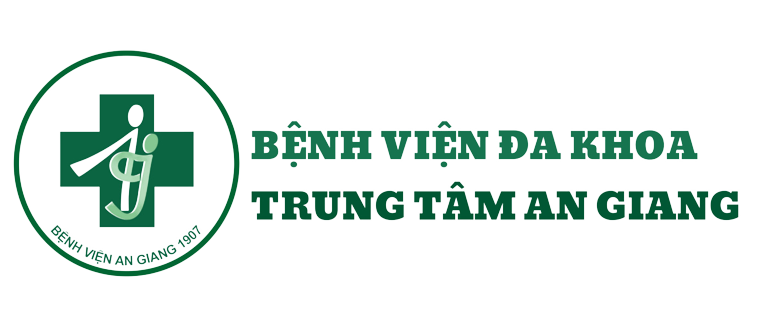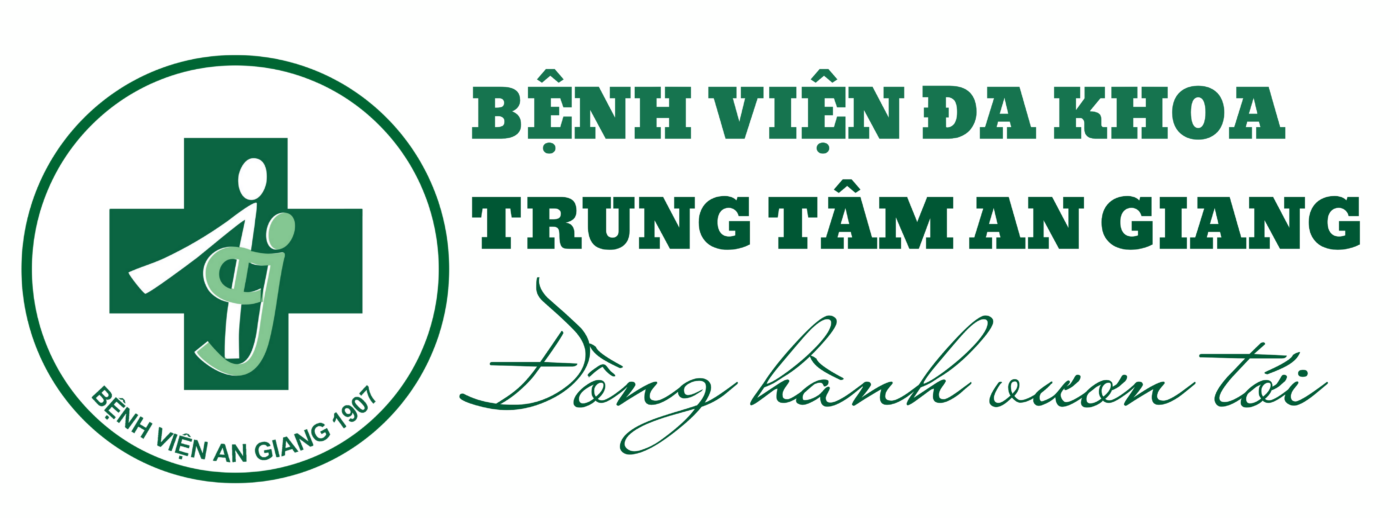Clin Infect Dis. 2005 Jun 15;40(12):1748-55. Epub 2005 May 13.
Casey JR, Pichichero ME.
Department of Pediatrics, Elmwood Pediatric Group, University of Rochester Medical Center, New York, USA. jrcasey@rochester.rr.com
BACKGROUND: Azithromycin has become a frequent choice for the treatment of group A streptococcal (GAS) tonsillopharyngitis. In this study, our objective was to determine the optimal dose of azithromycin for treatment of GAS tonsillopharyngitis in children and adults by analyzing trials that used different dose regimens.
METHODS: We performed a meta-analysis of randomized, controlled trials that involved bacteriological confirmation of GAS tonsillopharyngitis, random assignment to receive either azithromycin or a 10-day comparator antibiotic, and assessment of bacteriological eradication by throat culture after therapy. The primary outcomes of interest were bacteriological and clinical cure rates.
RESULTS: Nineteen trials involving 4626 patients were included in the analysis. One trial used 10-day course of 2 different comparator antibiotics, and 2 trials compared 2 dose regimens of azithromycin with a 10-day course of comparator antibiotic; all other trials compared 1 dose regimen of azithromycin with a single 10-day course of comparator antibiotic. In children, azithromycin administered at 60 mg/kg per course was superior to the 10-day courses of comparators (P < .00001), with bacterial failure occurring 5 times more often in patients receiving the 10-day courses of antibiotics. Azithromycin administered at 30 mg/kg per course was inferior to the 10-day courses of comparators (P = .02), with bacterial failure occurring 3 times more frequently in patients receiving azithromycin. Three-day regimens were inferior to 5-day regimens (P = .002). In adults, no studies compared dosages by weight. Three-day regimens of 500 mg/day showed a trend favoring azithromycin over the 10-day courses of comparators (P = .14); 5-day regimens were inferior to 3-day regimens (P = .006). Clinical cure rates were significantly different for the different azithromycin regimens, with differences that resembled those for bacterial cure rate.
CONCLUSION: This analysis suggests that azithromycin administered at a dosage of 60 mg/kg in children or administered for 3 days at a dosage of 500 mg/day in adults is more effective than other treatment regimens in producing eradication and clinical cure of GAS tonsillopharyngitis.





